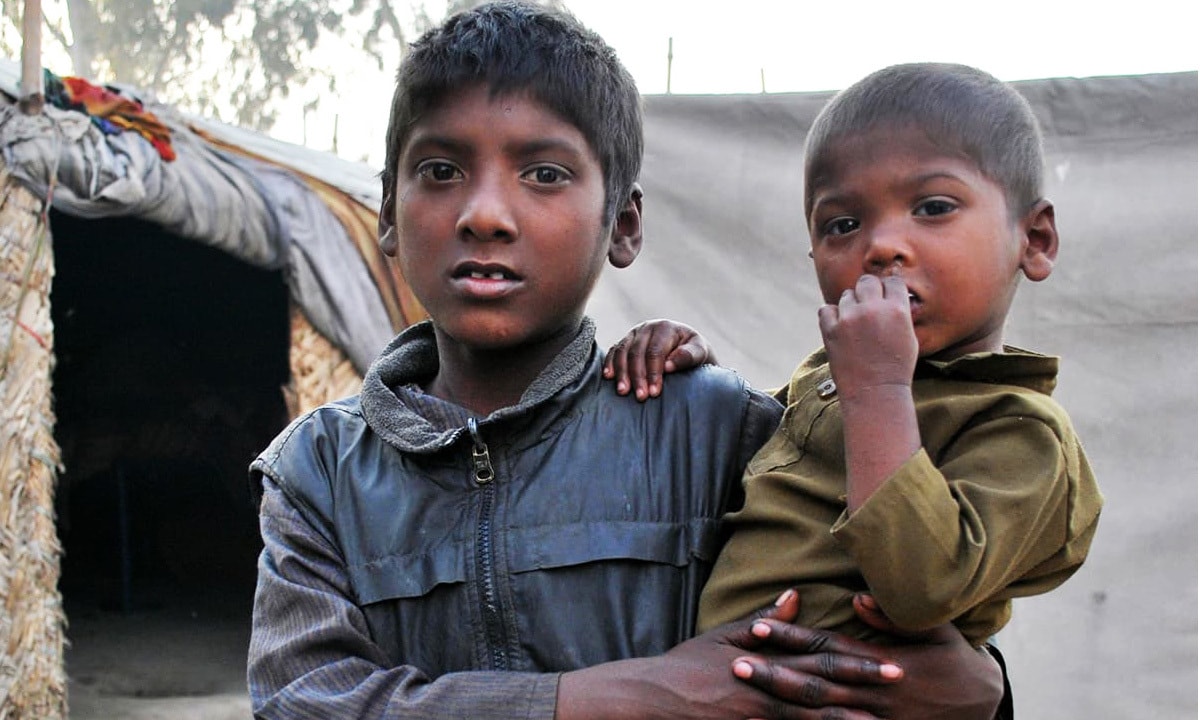On the way to Lahore from the historic Grand Trunk road, one is greeted with an extended strip of makeshift tents...
On the way to Lahore from the historic Grand Trunk road crossing Shahdara Bridge, one is greeted with an extended strip of makeshift tents along the river Ravi.
Over 10 years, the campsite has grown into an entire community of gypsy tribes belonging to various districts of southern Punjab, primarily Jhang.
The nomads are socially and politically marginalised and largely alienated, deprived of the most basic rights.
From social rights to earning opportunities, nomad families grapple with various problems. Illiteracy and increasing population is a major issue, with each of the families having at least 10 children.
Most gypsies belong to the Changar, Odh, Bhatu, Jogy, Kenghar, Bazigar, Gurajmar, Gugray cast. They tend to stay put for a few weeks, months, or sometimes even years in Lahore.
Although some of these families are daily wage labourers, most of them rely on begging as their main source of income. A few of them have traditional professions like drum beating and monkey shows.
In a metropolis like Lahore, not only are the transient families not given their due rights, they are looked down upon by people in the city.
The gypsies have not helped their cause either by isolating themselves from society.
In a colony of about 400 tents which I had the opportunity to visit, there were only two individuals with a very basic education. Both of them have taken the responsibility to teach the rest of the children the little that they know.
It is a bitter reality that begging is the main source of income for gypsy families and for them having a number of children means more earning hands. But when it comes to feeding and maintaining healthy living conditions, these have no means and ultimately descent into a state of poverty.
*The writer is a Lahore based photojournalist
























